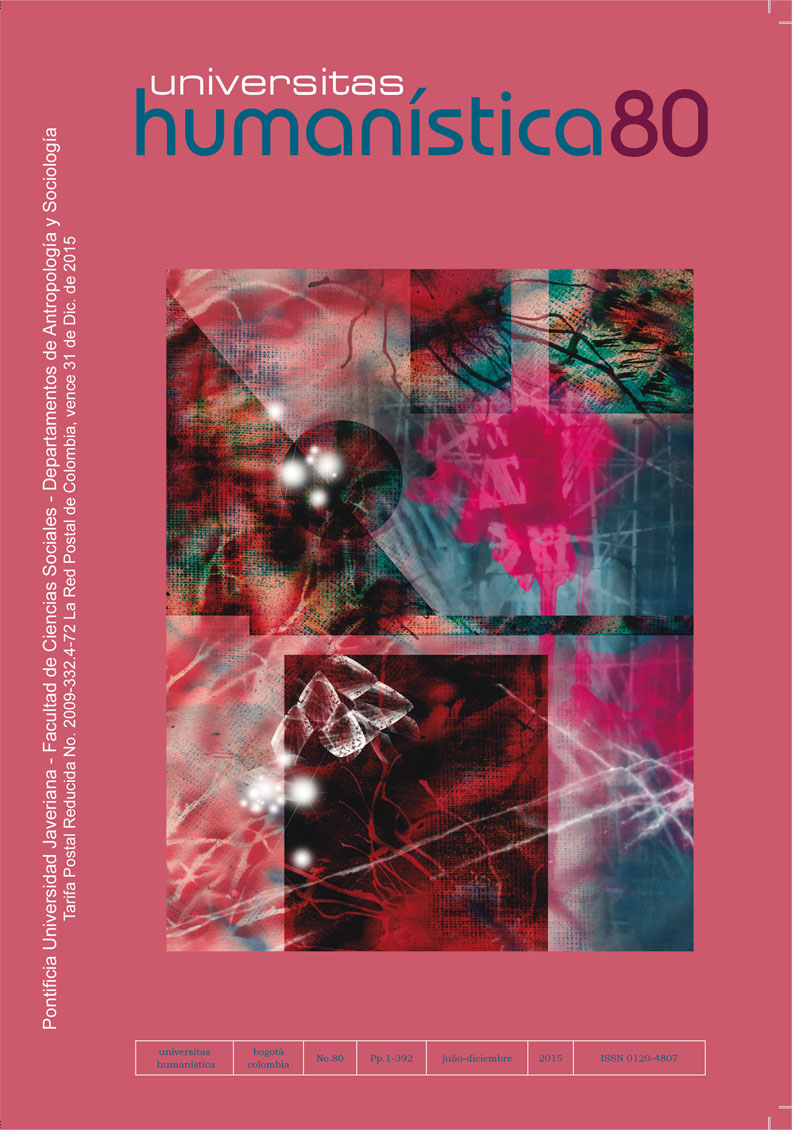Abstract
The intent of this article is to present, from a specific case, the multiplicity of intentions and discussions between indigenous organizations from Cauca, Colombia. I go back to the concept of ethnicity in order to understand indigenous organizations as arenas where ethnic processes are reconstructed, relationships are redefined and the way diversity is recognized is questioned. However, this paper focuses exclusively on the different expressions and relationships that exist within indigenous organizations, especially those created after the Constitution of 1991. For this purpose I present how the Education Program of the Eastern Cauca Territorial Council of Indigenous Authorities (COTAINDOC) and their main proposals emerged.I conclude that this program redefines its way of recognizing cultural diversity and relationships with other organizations and institutions.
This journal provides immediate open access to its content on the principle that making research freely available to the public, encourages greater global exchange of knowledge.
The journal Universitas Humanística is registered under a Creative Commons Attribution 4.0 International Public License. Thus, this work may be reproduced, distributed, and publicly shared in digital format, as long as the names of the authors and Pontificia Universidad Javeriana are acknowledged. Others are allowed to quote, adapt, transform, auto-archive, republish, and create based on this material, for any purpose (even commercial ones), provided the authorship is duly acknowledged, a link to the original work is provided, and it is specified if changes have been made. Pontificia Universidad Javeriana does not hold the rights of published works and the authors are solely responsible for the contents of their works; they keep the moral, intellectual, privacy, and publicity rights.
Approving the intervention of the work (review, copy-editing, translation, layout) and the following outreach, are granted through an use license and not through an assignment of rights. This means the journal and Pontificia Universidad Javeriana cannot be held responsible for any ethical malpractice by the authors. As a consequence of the protection granted by the use license, the journal is not required to publish recantations or modify information already published, unless the errata stems from the editorial management process. Publishing contents in this journal does not generate royalties for contributors.


